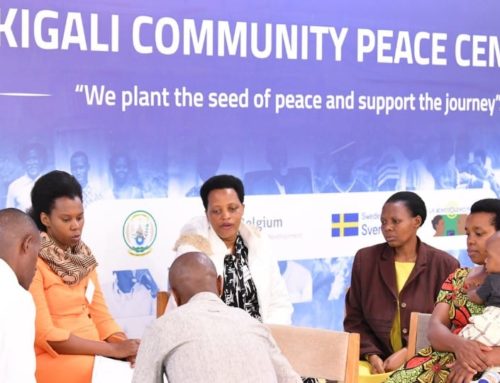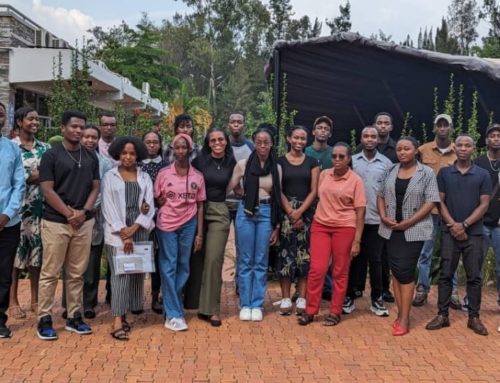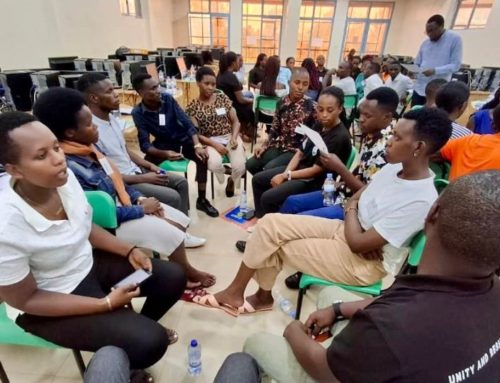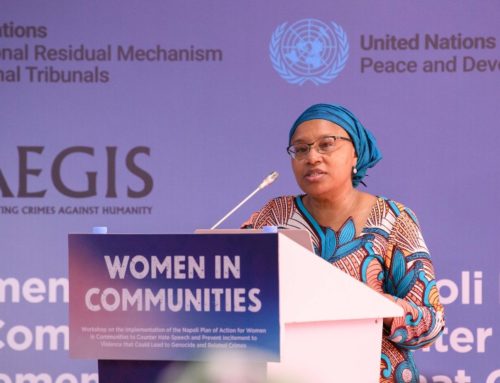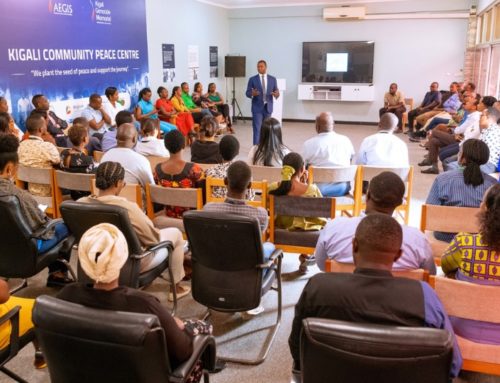27 Jan 14 – Marking Holocaust Memorial Day, Prime Minister David Cameron today launched a Commission to investigate possible further measures for Holocaust remembrance and education in the UK.
Members of the Commission will include actress Helena Bonham Carter, broadcaster Natasha Kaplinsky and Chief Rabbi Ephraim Mirvis, alongside senior cross-party representation from Ed Balls, Michael Gove and Simon Hughes.
Dr James Smith CBE, Chief Executive of the Aegis Trust for genocide prevention, and Henry Grunwald OBE QC, Chairman of the National Holocaust Centre and Museum, are among the experts appointed to the Commission’s working groups on education and commemoration.
Prime Minister David Cameron said: “We face a real danger that, as the events of the Holocaust become ever more distant, they feel increasingly remote to current and future generations. This cross-party, national Commission representing our whole society will investigate what more needs to be done to ensure Britain has a permanent and fitting memorial and the educational resources needed for generations to come.”
“It’s a privilege to be appointed to advise the Prime Minister’s Holocaust Commission for remembrance and education in the UK,” says Dr James Smith, who is also the President of the Holocaust Centre. “The National Holocaust Centre in Nottinghamshire educates over twenty thousand young people every year, yet there remains a huge amount more that can and should be done. When we were building the Holocaust Centre twenty years ago, my brother Stephen and I believed strongly that there should be political will and profile at the highest level to perpetuate the remembrance of the greatest catastrophe of the Twentieth Century. The Prime Minister’s creation of this Commission is a welcome mark of commitment to achieving this.”
Dr Smith added: “The Prime Minister said that the legacy of the Commission is one for children who will be learning about the Holocaust fifty years from now, in 2064. When that generation looks back to assess how we rose to this challenge, they may firstly ask whether we did all we can to preserve knowledge of those times, represent the victims with dignity and to engage as wide an audience with the Holocaust as possible. Secondly, when they examine the social ills of 2064, they may ask what have we done to ensure that Holocaust remembrance provides not only a warning, but a tool to mitigate the danger that prejudice represents to our civilisation. The rise of extremism across the globe, including in our own continent of Europe, highlights the importance, urgency and responsibility of the task before us to ensure that the Holocaust is properly remembered and to ask how that remembrance can best contribute to peaceful co-existence in our land.”
“I am delighted that James Smith has been appointed to the Prime Minister’s Holocaust Commission,” says Shadow Justice Minister Stephen Twigg, Chair of the All-Party Parliamentary Group for Genocide Prevention, which is assisted by the Aegis Trust. “James has the experience of delivering high quality education and commemoration both here in the UK and in Rwanda. It is vital that the Holocaust Commission learns from – and builds upon – existing good work here and abroad. The creation and development of the National Holocaust Museum in Laxton by the Smith family is something from which we can all learn”.


